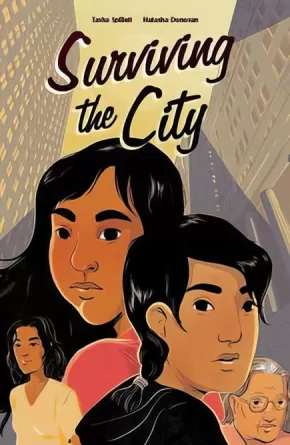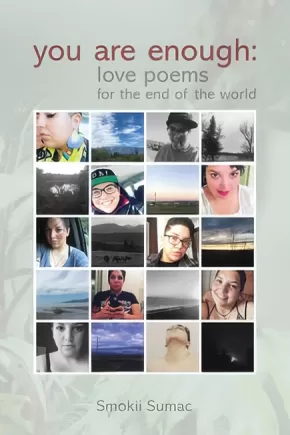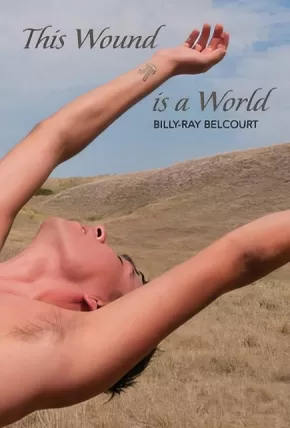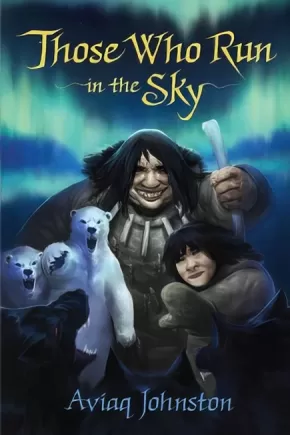
Indigenous Voices Awards
16
-
19
of
19 Results;
Sort By
Go To
of 2
The Indigenous Voices Awards (IVAs) were established in 2017 to support and nurture the work of Indigenous writers in lands claimed by Canada.
Surviving the City Vol. 1
$21.95
Artists:
Format:
Paperback
Text Content Territories:
Indigenous Canadian; First Nations; Cree (Nehiyawak); Anishinaabeg;
ISBN / Barcode: 9781553797562
Synopsis:
Synopsis:
Tasha Spillett’s graphic novel debut, Surviving the City, is a story about womanhood, friendship, colonialism, and the anguish of a missing loved one.
Miikwan and Dez are best friends. Miikwan is Anishinaabe; Dez is Inninew. Together, the teens navigate the challenges of growing up in an urban landscape – they’re so close, they even completed their Berry Fast together. However, when Dez’s grandmother becomes too sick, Dez is told she can’t stay with her anymore. With the threat of a group home looming, Dez can’t bring herself to go home and disappears. Miikwan is devastated, and the wound of her missing mother resurfaces. Will Dez’s community find her before it’s too late? Will Miikwan be able to cope if they don’t?
Awards
- Winner of the 2019 Indigenous Voices Award for Works in an Alternative Format
- Co-winner of the Eileen McTavish Sykes Award for Best First Book by a Manitoba Author
- Winner of the Manuela Dias Design and Illustration Award, Graphic Novel category
Educator & Series Information
Recommended Grades: 7-12.
This graphic novel is part of the Surviving the City series, which is also part of the Debwe Series.
The Surviving the City series includes these titles:
- Surviving the City
- From the Roots Up
- We Are the Medicine
Recommended in the Canadian Indigenous Books for Schools 2019-2020 resource list for grades 10 to 12 for English Language Arts and Social Studies.
This book could be triggering for some readers as it contains mature content and focuses on issues such as Missing and Murdered Indigenous Women and Girls.
A Teacher Guide is available: Surviving the City Teacher Guide: Exploring Identity, Allyship, and Social Action for Meaningful Change in Grades 7-12
Additional Information
56 pages | 6.50" x 10.00"
you are enough: love poems for the end of the world
$15.00
Format:
Paperback
Text Content Territories:
Indigenous Canadian; First Nations; Ktunaxa (Kootenay);
ISBN / Barcode: 9781928120162
Synopsis:
Synopsis:
In his debut poetry collection you are enough: love poems for the end of the world, Smokii Sumac has curated a selection of works from two years of a near daily poetry practice. What began as a sort of daily online poetry journal using the hashtag #haikuaday, has since transformed into a brilliant collection of storytelling drawing upon Indigenous literary practice, and inspired by works like Billy Ray Belcourt's This Wound is a World, and Tenille Campbell's #IndianLovePoems.
The poems follow the haiku format, often stringing together three lines to tell a story. With sections dealing with recovery from addiction and depression, coming home through ceremony, and of course, as the title suggests, on falling in and out of love, Sumac brings the reader through two years of life as a Ktunaxa Two-Spirit person. This collection will move you as Sumac addresses the grief of being an Indigenous person in Canada, shares timely (and sometimes hilarious) musings on consent, sex, and gender, introduces readers to people and places he has loved and learned from, and through it all, helps us all come to know that we are enough, just as we are.
Awards
- 2019 Indigenous Voices Awards Winner for Published Poetry in English
Additional Information
108 pages | 5.50" x 8.50"
This Wound is a World
$19.95
Format:
Paperback
Text Content Territories:
Indigenous Canadian;
Grade Levels: 12; University/College;
ISBN / Barcode: 9781927823644
Synopsis:
Synopsis:
Part manifesto, part memoir, This Wound is a World is an invitation to “cut a hole in the sky to world inside.” Billy-Ray Belcourt issues a call to turn to love and sex to understand how Indigenous peoples shoulder sadness and pain like theirs without giving up on the future. His poems upset genre and play with form, scavenging for a decolonial kind of heaven where “everyone is at least a little gay.”
Awards
- 2018 Griffin Poetry Prize
- 2018 Indigenous Voices Award - Most Significant Work of Poetry in English
Reviews
"In This Wound is a World, love answers heartbreak, “history lays itself bare” (42) and a world glimmering with decolonial love and queer, Indigenous possibilities is split open. This is poetry at its brightest. It is electric, profound, necessary work. Belcourt bends genre, challenging the cage of colonialism through a poetics of intimacy. It is a collection unafraid to ask questions, exploring grief, desire, queer sexuality and Indigeneity with tender honesty. Belcourt asks us to consider the ways Indigenous bodies can be simultaneously unbound and “rendered again,” (40) how worlds can be made and unmade. These are poems to be returned to again and again with reverence." - PRISM International
Additional Information
64 pages | 6.00" x 9.00"
Those Who Run in the Sky
$15.95
Artists:
Format:
Paperback
Text Content Territories:
Indigenous Canadian; Inuit;
ISBN / Barcode: 9781772271218
Synopsis:
Synopsis:
This teen novel, written by Iqaluit-based Inuit author Aviaq Johnston, is a coming-of-age story that follows a young shaman named Pitu as he learns to use his powers and ultimately finds himself lost in the world of the spirits. After a strange and violent blizzard leaves Pitu stranded on the sea ice, without his dog team or any weapons to defend himself, he soon realizes that he is no longer in the world that he once knew. The storm has carried him into the world of the spirits, a world populated with terrifying creatures---black wolves with red eyes, ravenous and constantly stalking him; water-dwelling creatures that want nothing more than to snatch him and pull him into the frigid ocean through an ice crack. As well as beings less frightening, but equally as incredible, such as a lone giant who can carry Pitu in the palm of her hand and keeps caribou and polar bears as pets. After stumbling upon a fellow shaman who has been trapped in the spirit world for many years, Pitu must master all of his shamanic powers to make his way back to the world of the living, to his family, and to the girl that he loves.
Award
- 2018 Winner of Indigenous Voices Award for Most Significant Work of Prose in English by an Emerging Indigenous Writer
Educator Information
Recommended in the Canadian Indigenous Books for Schools 2019-2020 resource list for grades 7 to 10 for English Language Arts.
Additional Information
208 pages | 6.00" x 9.00"
Sort By
Go To
of 2










